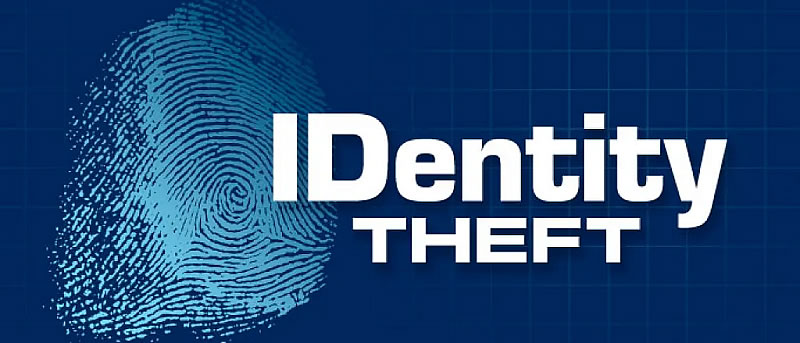IDENTITY theft is the crime of obtaining a person’s personal or financial information with the sole purpose of assuming the person’s identity and carrying out financial transactions with the assumed identity. It is probably the fastest growing crime globally. Accounts are hacked and information like card details, bank account details, BVN, passwords, email addresses etc. are stolen. Online purchases are then made. In this post-COVID era, we cannot conveniently side step online shopping or having our financial information travel through cyberspace. But we can avoid being victims of cybercrime by keeping our electronic financial information and transactions safe.
Start with your device. Ensure your phone, tablet, laptop or PC has the latest version of anti-virus, spyware and malware protection. So that it will alert you if you visit a compromised webpage. Buy the best product and update it regularly. Scan your device frequently to ensure it remains secure because new spyware is being created daily.
Shop only at well known sites or the sites of vendors you can personally vouch for. You should not only vouch for their personal integrity but for their corporate governance standards that ensure they have installed the best up-to-date firewalls and protection on their websites to reduce the dangers of hacking, and that the information you input is encrypted end-to-end. They must publish this assurance visibly on their website. If this assurance is not available, you should explore other ways of payment – PayPal, Alipay, Amazon Pay, bank transfers, etc. These third parties who have invested in adequately secure payment infrastructure can collect the payment on behalf of the vendor. The vendor gets the money while you keep your information safe.
Obtain your mobile banking apps only from Google play store or Apple store. Avoid downloading apps from banks’ websites, and certainly not from third-party websites. Do not stay permanently logged in to mobile apps. Do not initiate auto-login nor allow your device to store your login details. Switch off Bluetooth when conducting financial transactions, in fact switch on Bluetooth only when needed. Keep your device itself locked when not in use, initiate auto-lock feature. Unlock it using both a PIN/ pattern and a biometric ID e.g. fingerprint. Banks too now have the biometric access option, so we can safely lock both the device and the app. Audit your bank statements regularly to fish out strange transactions.
Avoid inputting your payment card details in the presence of others, including members of your household. If you cannot guarantee continuous privacy every time you shop, you can input your card details into your Google account once. Every time you want to shop after that, Google would automatically furnish the information. It would fill in the card details but anyone looking at the device screen would see significant parts blocked out. We must treat our payment cards like we treat cash. Since we would not leave our cash lying around, we should not leave our ATM card lying around. We must not share our PIN with anyone. It is personal to your identity and should only be known by you. If you feel that your PIN has been compromised, change it immediately. Do not use an ATM with any gadget attached to it, it is probably a skimming device that copies the information of all cards inserted into the ATM. Always collect and destroy your ATM and POS receipts. Do not respond to suspicious emails, they may contain spyware that would steal financial information from your device.
Avoid using shared devices for financial transactions. If you must, clear the browsing history when you finish. Also never use free WI-FI or questionable ISPs, many are not encrypted. Instead, use the service provided by your Mobile Network Operator by using your phone as a mobile hotspot. If you must use a free WI-FI, ensure you have a good antivirus that can alert you on its insecurity.
If you suspect a breach of your data, report without delay to your financial services providers, so that your cards can be hot-listed. Cancel cards and replace. If a card has already been used, contact the vendor for help with recovery (e.g. delivery address of goods sold). Ask your bank for your recovery rights. You are not liable for transactions conducted after you report the breach to your bank. Close bank accounts if unauthorized online transactions have been conducted in them and open new ones. Use new alphanumeric passwords. Move your subscriptions and standing orders to your new account/ card. Exercise due diligence and caution in managing your information and transactions.
Electronic financial transactions are convenient and easy. Let us do our part to make them safe. Happy investing.



